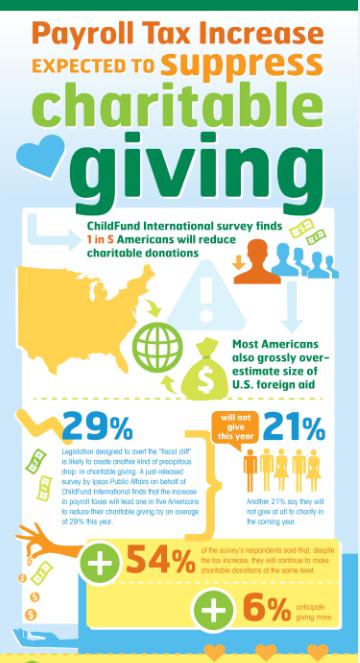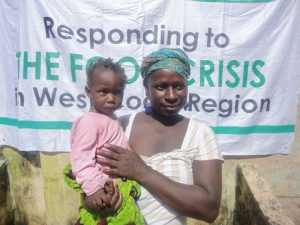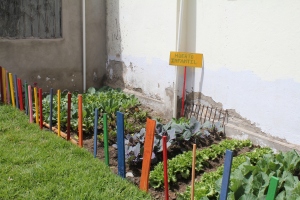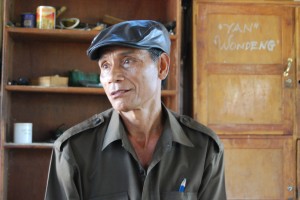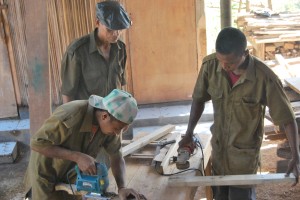By Saroj Kumar Pattnaik, ChildFund India
Being born into an extremely poor family tends to reduce a child’s chances for a promising future. Years aoo, that seemed to be the case for Kesavaiah, a 6-year-old boy living in a remote tribal village in the Annanthpur district of southern India’s state of Andhra Pradesh.
Kesavaiah’s father, an agricultural laborer, was the only breadwinner for his five-member family. Insufficient income and paucity of alternative livelihood options often forced the family to struggle to prepare a full meal for all. Going to school and truly enjoying childhood was just a distant dream for Kesavaiah and his two sisters.
But things changed gradually for Kesavaiah after he was enrolled in ChildFund India’s Early Childhood Development program in 1996. Praja Seva Samaj (PSS), ChildFund’s local partner, matched young Kesavaiah with a sponsor, who provided additional funds so Kesavaiah and his sisters could attend the village school.

Kesavaiah
“I still remember the days when my father was struggling to arrange a square meal for each of our family. My mother was also working as a daily laborer just to satisfy our hunger. Many a time we went to sleep at night after just drinking water,” recalls Kesavaiah, who has now completed his technical degree and aspires to become a top mechanical engineer.
He notes that it was the timely support from ChildFund and its local partner PSS that helped transform him from a pessimist to a dreamer.
“I never thought that I would able to complete my primary education as the conditions were not allowing that to happen. It was the moral and material support by ChildFund India and PSS that helped me to come so far in life,” he says.
“Their assistance and advice have not only allowed me to become the first person in our community to see a college, but they also have proved to be a solid platform for my sisters to continue their studies,” he adds.
Kesavaiah, who has understood the value of money since childhood, took full advantage of the sponsorship assistance, never neglecting his studies. He was the top student throughout his primary and intermediate education, earning a full scholarship to technical college.
In addition to his academic achievements, Kesavaiah, now 23, has been an active member of the local Children’s Club supported by ChildFund. His perseverance and tenacity to achieve have become an inspiration for others in his village.
Kesavaiah’s mother, Venkataramamma wants her son to fulfill his dream of becoming an engineer. “I am so proud for my son. He has been a reason for hope for all of us, and I am very much thankful to ChildFund for making this happen.”
Village leader Pakker Naik concurs. “[ChildFund] has been focusing on many issues with interventions at the school level and village level. We are now seeing this positive impact among children today. I would say proudly that Kesavaiah is the first engineer in our village.”

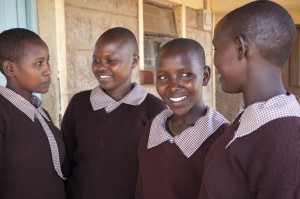
 ChildFund is fortunate to have been one of his clients. One of the toughest types of speeches to write is a commencement speech so when ChildFund’s President and CEO Anne Lynam Goddard was asked to give the commencement speech for Assumption College, her own alma mater, Jeff agreed to write it based on input from her.
ChildFund is fortunate to have been one of his clients. One of the toughest types of speeches to write is a commencement speech so when ChildFund’s President and CEO Anne Lynam Goddard was asked to give the commencement speech for Assumption College, her own alma mater, Jeff agreed to write it based on input from her.